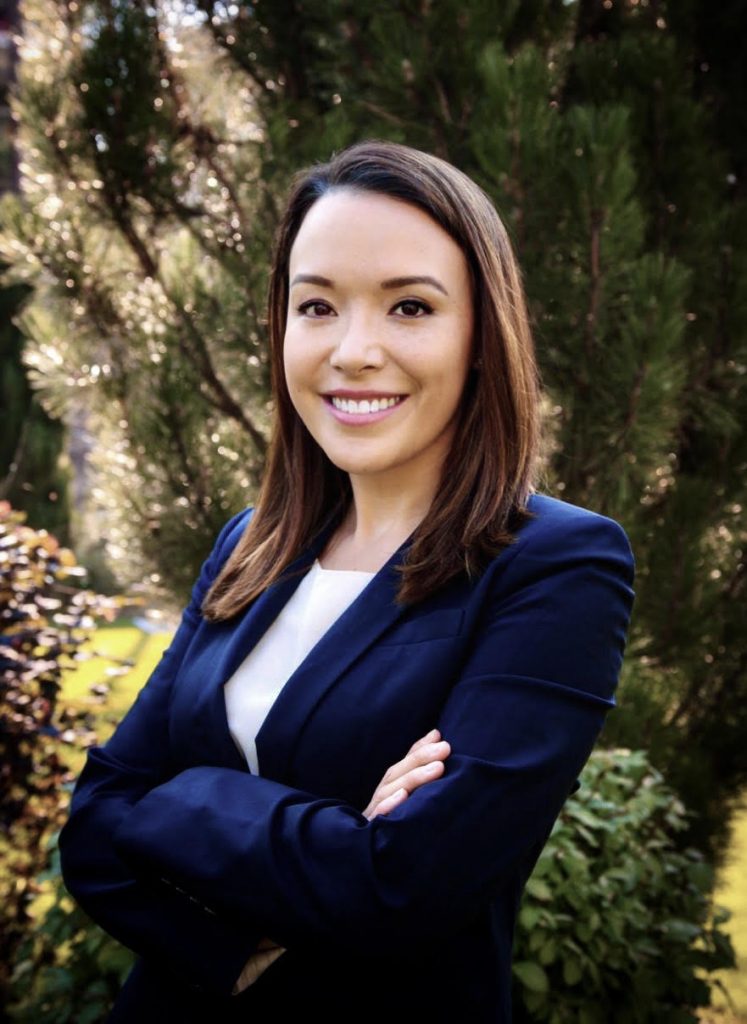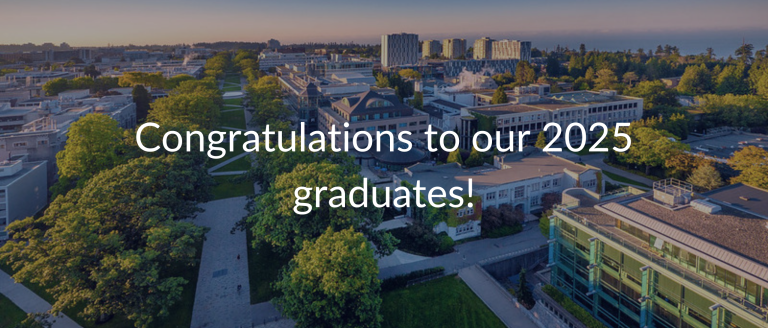
EMILY STEWART
CLINICAL INSTRUCTOR
Site:
Kelowna – Kelowna General Hospital
Emily Stewart, Clinical Instructor with UBC’s Department of Emergency Medicine
Can you share a little bit about your educational background and journey, and how you got to where you are today?
I completed my undergraduate degree in Economics & Environmental Science at Dalhousie University, which fostered my interest in approaching complex problems with a systems-thinking approach. Everyone else around me was becoming an environmental scientist or international development worker, so for several years that is where I thought my life would also take me. After spending 13 months working overseas on water & sanitation programs, on public health initiatives, and microeconomics programs, I changed career paths and ended up in medical school. I received my MD at the University of Toronto, where I was lucky enough to have the opportunity to take extra courses through the Dalla Lana School of Public Health and the Rotman School of Management. I received my FRCPC after completing residency at the University of British Columbia, where I was also fortunate to undertake UBC’s Master of Health Administration.
What inspired you to work in emergency medicine?
There are the usual reasons that I think attract many people to emergency medicine: the opportunity to meet new people every day, being part of excellent teamwork under pressure, the variety of clinical presentations everyday (which keeps work interesting!), using a combination of medical knowledge and procedural skills, and the lifestyle flexibility with shift work.
But in addition to this, a core belief that I’ve held since being introduced to emergency medicine early in medical school is that here is something uniquely egalitarian about this specialty. The emergency department treats people based on the severity or complexity of their illness, irrespective of their background. The people I’ve met in this field value providing accessible and compassionate healthcare for all, and that drew me in.
The other thing that always fascinated me about emergency medicine is that it offers a constant window of insight into complex issues facing our society and healthcare system, problems that are often driven by public policy choices. If people lack access to timely mental health care, or primary care, or long-term care, refugee care, or addictions care… where do those patients end up? The emergency department. So, for those interested in the bigger picture view of our healthcare system, the emergency department provides that perspective on key healthcare disparities every day. I think those who work in emergency medicine have a lot to offer with respect to possible solutions through the lens of our 24/7 front-line work.
What impact would you like to see your work have on patients, communities, and society at large?
It’s hard to quantify impact on a day-to-day basis. But I’d like to think that in the ED, I will play a small part in making what could be one of the worst days in an individual’s life just a little better (or at least less painful or stressful).
In addition to caring for the patient in front of me, I believe that impact on the health and safety of patients can also be created at a more systems-based level. For this reason, I am working with the BC Patient Safety and Quality Council to learn more about health care quality and how we can improve the health and safety of patients in BC through systems-based developments in ED discharge information.
Finally, I feel strongly that that the well-being of physicians is central to being able to care for the well-being of their patients. But wellness is multifactorial, something that requires systemic change in medicine and not one-off solutions, so I would like to be involved in initiatives that have ongoing strategic efforts to changing the culture in healthcare in a way that allows its workers to stay well.
What excites you most about your work? What are you most proud of?
Emergency Medicine offers the opportunity to work in other parallel areas: Addictions Medicine, ICU, Trauma, Pediatrics, Admin, Law, Medical Education, Wilderness Medicine … you name it. I think it’s exciting that many people in our speciality have carved out their own niche interest that they can share with their colleagues and their patients. I’m always learning from everyone around me.
I am most proud of being part of a broader team of people caring for people in emergency departments across BC; people who have shown up every day of the pandemic for last two years to care for people across our province. And this team includes not just healthcare workers, but everyone involved in making our hospitals function on a day-to-day basis.
What is one piece of advice that you would give to current trainees?
Work is not everything! Carve out some time to recharge your personal batteries with the things that keep you happy: hobbies, exercise, healthy food, sleep, time with friends and family. Also, emergency medicine in a bit of a post-COVID crisis right now, as it remains one of the key safety nets for patients in our stressed healthcare system. So during your training right now, it could be easy to feel discouraged, burnt out, and unsure of whether this is the right path for you. But remember you chose this specialty for a reason, and those reasons probably still exist. Take time to take care of yourself, so you can still find joy and meaning in those reasons.
When you’re not working, where can we find you?
When I’m not working, I can be found cycling, cooking, taking photos, making an extra espresso, enjoying wine with friends, and travelling.


